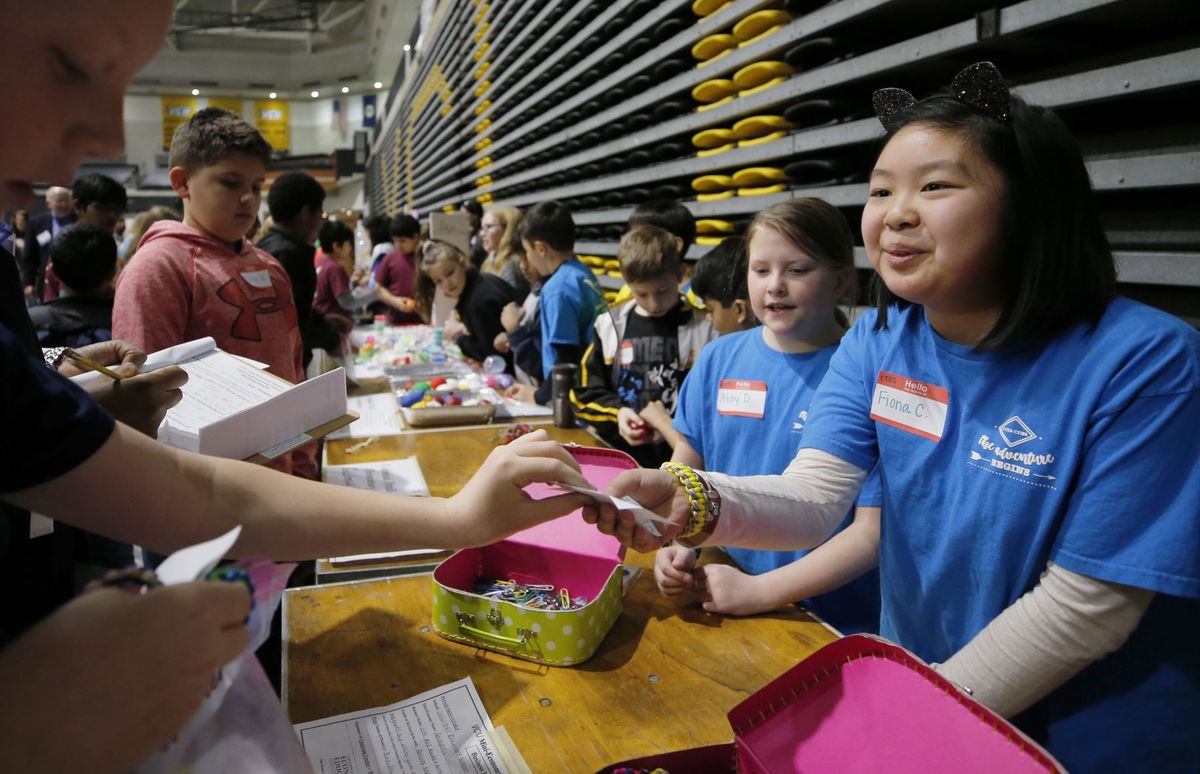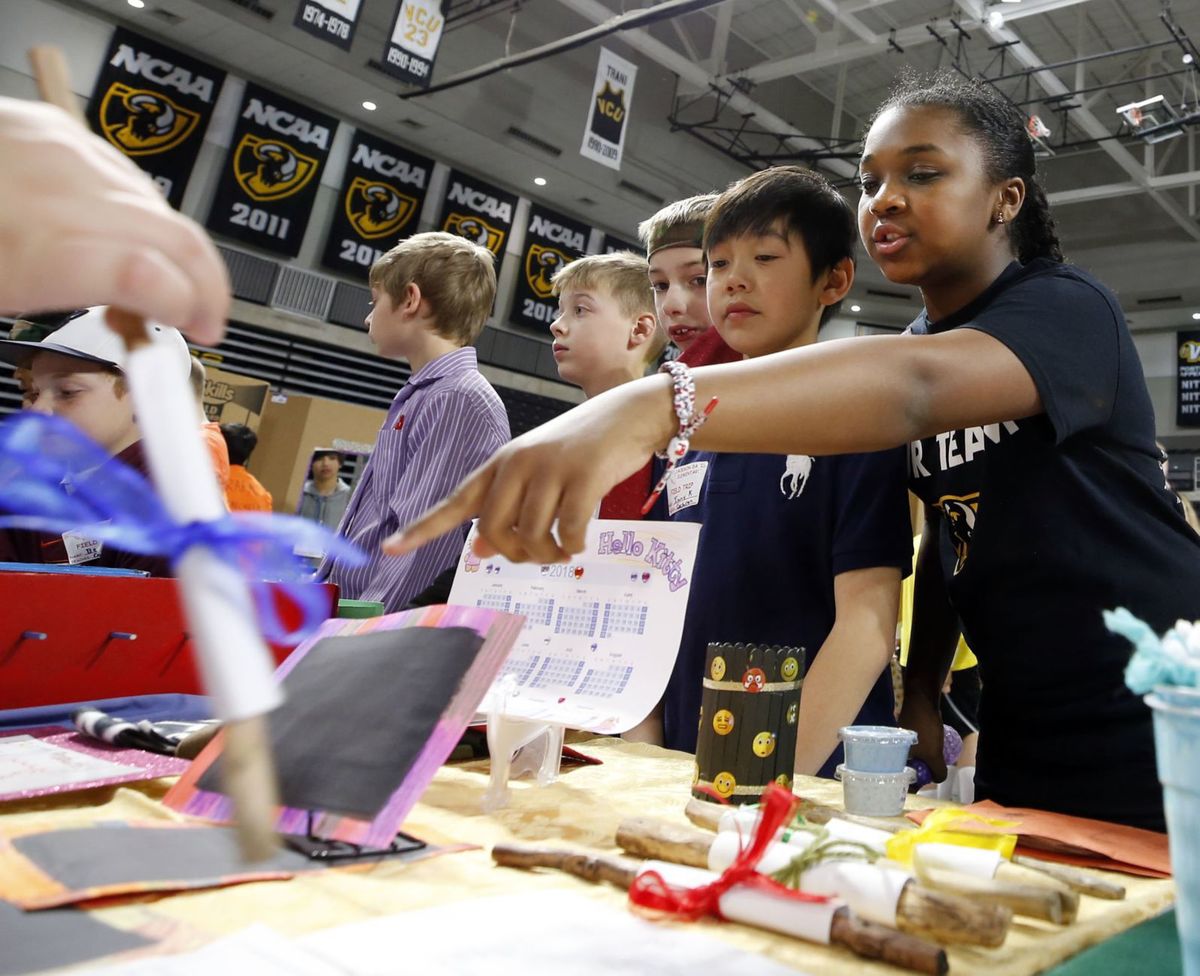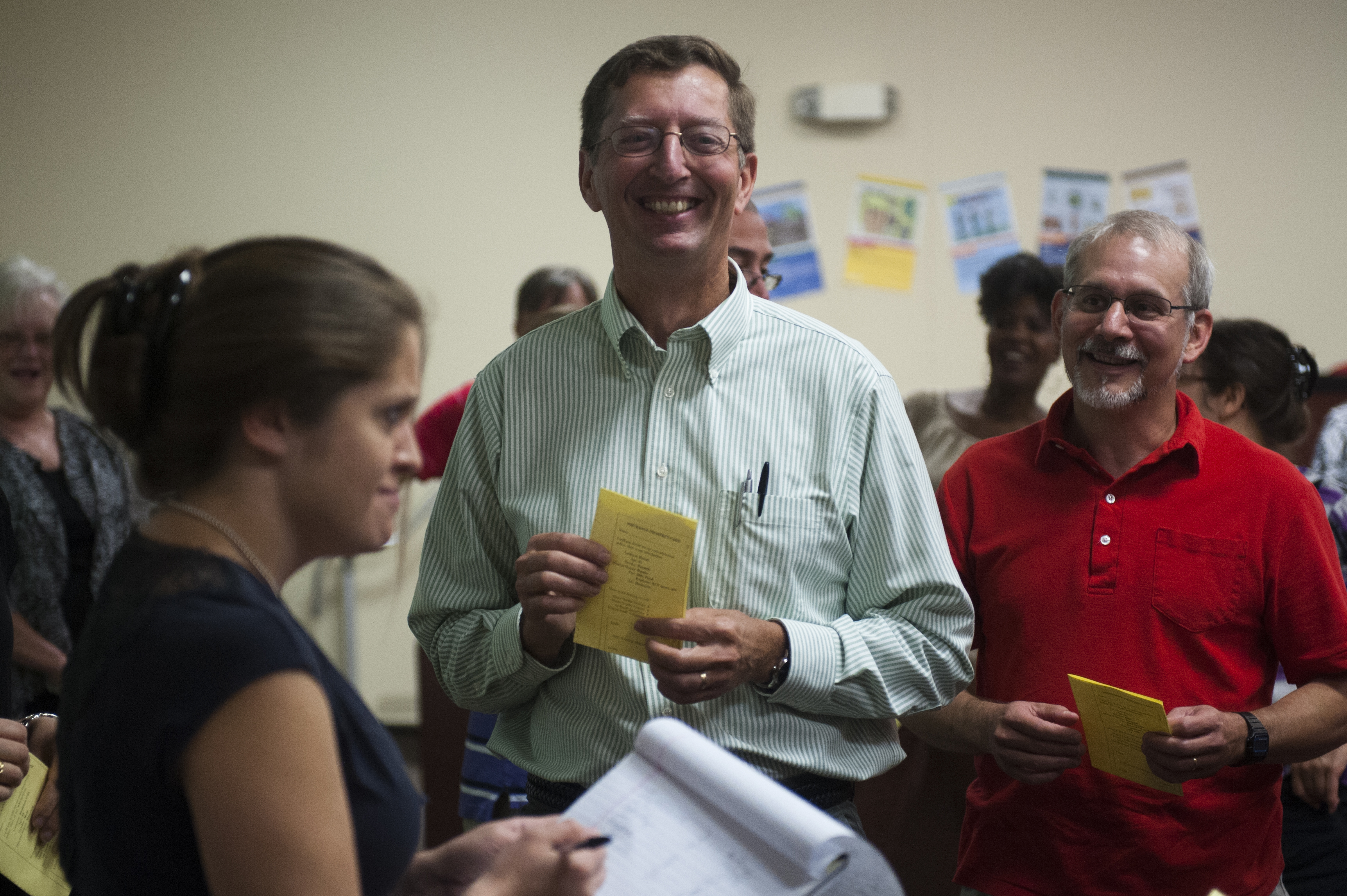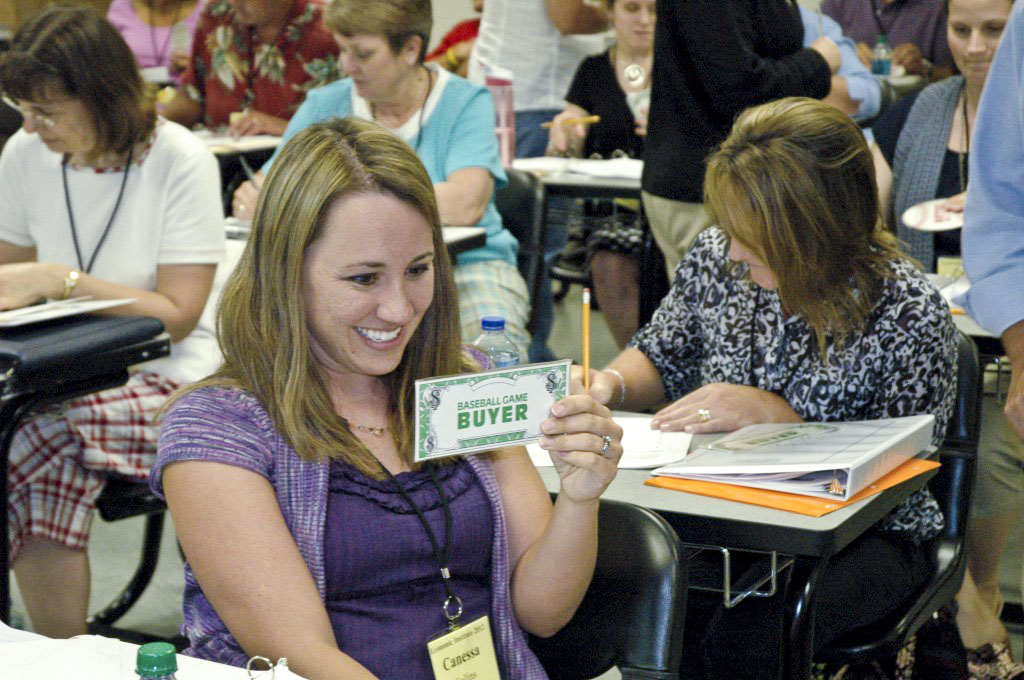Meet the Center
"Economics for Everyone!"
The VCU Center for Economic Education (VCEE) advances economics and personal finance education among Central Virginia's K-12 teachers and students. We do this in three ways: teaching; research and publications; and service and advocacy, which includes partnering with the Virginia Council on Economic Education on programs and academic competitions.
Teacher Programs
The center conducts in-depth instruction that connects K-12 teachers with resources for bringing economics to life in the classroom. See upcoming sessions
An average year of teacher workshops by the numbers:
- 500 participants
- 4,000 contact hours
- 20,000 K-12 students reached each year through their teachers
- 40 teachers recognized as “Certified Economic Educators” for completing 40+ hours of training and demonstrating competence on a test of economics or personal finance
The Center partners with the VCU School of Education and the Department of Economics to offer a special class for future teachers. This version of Econ 203 prepares VCU education majors to teach economics to kids. For more information, contact Stephen Day at shday@vcu.edu.
Create a startup culture in your classroom through our Mini-Economy program. This classroom simulation teaches concepts of entrepreneurship, economics and government with a focus on financial literacy and real-world market situations. Students establish their own society, design currency, plan and open businesses, and create a functioning government.
Lesson Plans and Assessments
Our inquiry-focused lesson plans guide students to investigate social questions using economic reasoning to interpret relevant evidence.
This is a project-based lesson plan that asks students, “What does it take to be a successful entrepreneur?” Each activity is geared toward helping students build a flourishing classroom business. The curriculum was developed by the VCU Center for Economic Education in partnership with veteran mini-economy classroom teachers. All materials and lessons available at www.vaminieconomy.org.
A performance assessment for Virginia’s US History I course. Uses a lesson written by former center director Suzanne Gallagher to engage students in discussion about the incentives that early settlers followed when immigrating to the American colonies. Available through VCEE.
Uses the economic concept of productivity to examine the impact of automation on the U.S. workforce. Published in the National Council for the Social Studies’ book, Teaching the C3 Framework, vol. 2, 2017.
Elementary students use store prices as a starting point for global learning. Published in the National Council for the Social Studies’ book, Global Learning Based on the C3 Framework in the K-12 Social Studies Classroom, 2020.
A lesson that experiments with teaching students to collect, compile, analyze, and interpret survey data. Published in Social Education, vol. 81 no. 4, 2017.
Students watch clips from campaign speeches and compare the forecasted effects of a Pacific trade deal on various U.S. industries. Published on EconEdLink.org 2016,
Students examine data from the World Bank, Federal Reserve System, and Brookings Institution to decide a direction for U.S. economy policy. Published in Social Education, vol 78, no. 6, 2014. Available through ResearchGate.
Help your students to think critically about ethical issues and understand why ideas of right and wrong are vital to economic decision making.
VCEE has dozens of vetted lessons and teacher resources, free to use here.
Service, Advocacy and Programs
The center works with the Virginia Council on Economic Education to serve thousands of teachers and students each year through programs such as:
- Stock Market Game (grades 4-12)
- Governor's Challenge in Economics and Personal Finance (high school)
- Life After High School: Navigating Career, Education and Debt (high school)
The center assists the Virginia Department of Education in questions related to economics and personal finance standards and curriculum. Our director serves on the board of the Global Economic Education Alliance, and the Virginia Jump$tart Coalition, we work with the national Council for Economic Education on curriculum, presentations, and national webinars.
The center director serves on the advisory board to Money Matters to Students, a student-run organization that provides high schools the opportunity to teach the personal finance concepts to elementary- and middle-grade students.
Programs:
Each spring, hundreds of students across Virginia participate in classroom businesses using resources provided by the Center. Students buy and sell homemade lava lamps, hats, self-authored books, greetings cards, and hundreds of other products. Market Day is the culminating event in a classroom economy curriculum that seeks to educate young entrepreneurs.
The Stock Market Game is a popular classroom investing simulation. The center offers training and resources for teachers and has conducted research into student outcomes.
An online and live competition for high school students. Students compete first in regions around Virginia, with finalists meeting on VCU’s campus for the commonwealth-wide final.






Meet the Council
The Virginia Council on Economic Education (VCEE) is a 501(c)(3) nonprofit working as a public/private partnership – the primary resource for Virginia’s K-12 teachers and school divisions seeking training and classroom resources for economic and financial education, at little or no cost thanks to financial support from partners.
In partnership with colleges and universities, VCEE supports a network of Centers for Economic Education across Virginia, including the VCU Center for Economic Education. The Centers are collaborative hubs for K-12 teachers, school divisions and local businesses. Institutes and workshops provide training and up-to-date resources.
The council was co-founded by a former dean of the VCU School of Business, J. Curtis Hall, Jr., and businessman S. Buford Scott, who is also a founding trustee of the VCU School of Business Foundation.
Contact Information:
Virginia Council on Economic Education
Snead Hall, Room B2145
(804) 828-1627
vcee@vcu.edu